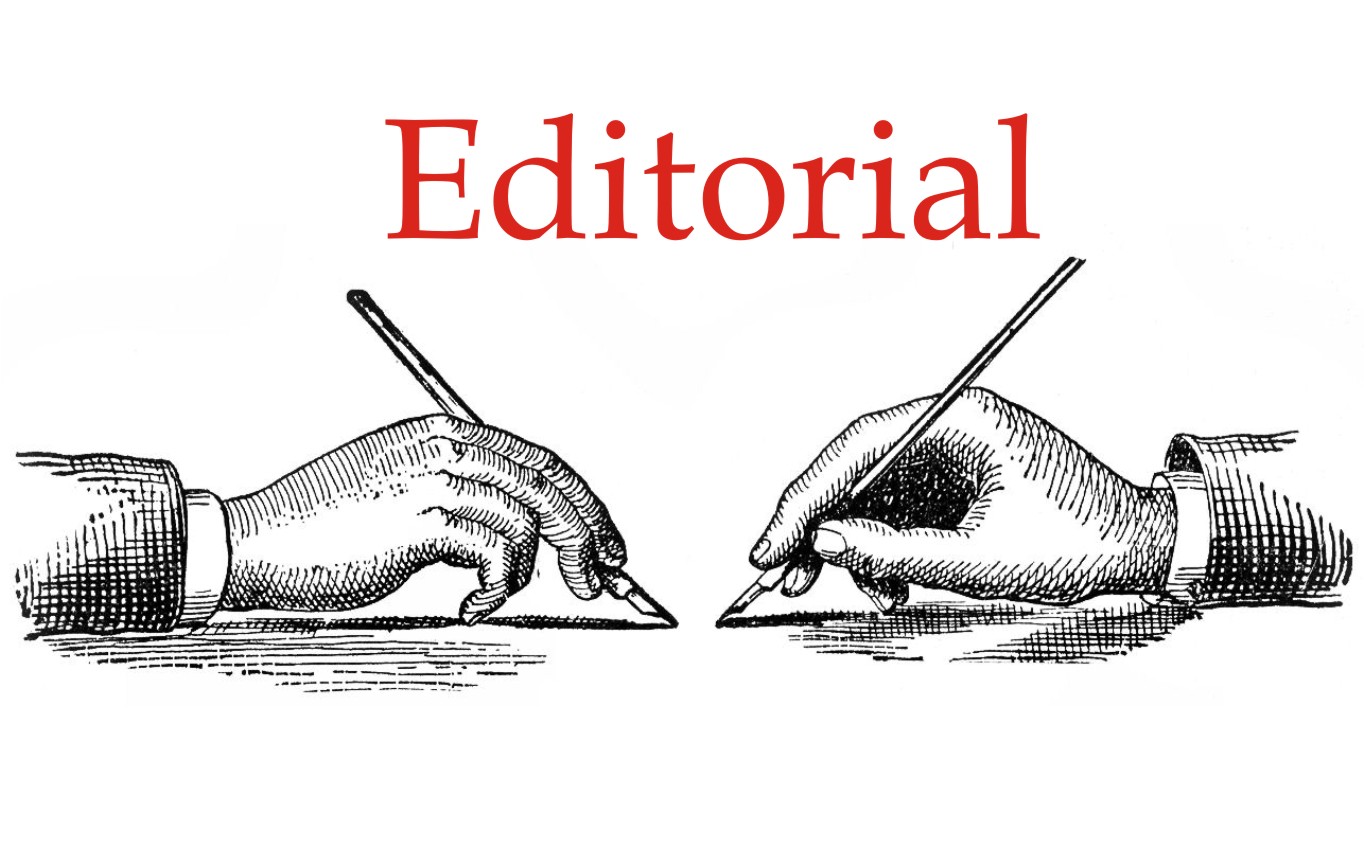Azadi ka Amrit Mahotsav Kolkata event honours four Clergymen
Pope Francis asks businesses to support working women: They’re ‘afraid to get pregnant’
Study: Christianity may lose majority, plurality status in U.S. by 2070
Indian politician declines Magsaysay Award under party pressure
Like John Paul II, Pope Francis heads to Kazakhstan during time of war

The famous confrontation at the University of Salamanca in 1936 by Miguel de Unamuno with the Francoists resounds in history: “You will win, but you will not convince.” Is this all that we can say to triumphant global capitalism or to jubilant fundamentalism? Is the world and its foundations shifting?
Ultimately, do we only believe that we believe or are we only imagining that we believe in ourselves? It also could be that we only imagine we do not really believe. Everything depends on how one believes in one’s belief. There were millions of people who believed in communist utopia. Communism failed. Disappointed by twentieth-century Communism, communists are ready to “begin from the beginning” and reinvent it on a new basis. Decried by enemies as dangerous utopians, they are the only people who have really awakened from the utopian dream which holds most of them under its sway.
There is only one correct answer to those Leftist intellectuals who desperately await the arrival of a new revolutionary agent capable of instigating the long-expected radical social transformation. It takes the form of the old saying “We are the ones we have been waiting for.” This is a version of Gandhi’s motto: “Be yourself the change you want to see in the world.” Waiting for someone else to do the job for us is a way of rationalizing our inactivity, our indolence. But the trap to be avoided here is that of perverse self-instrumentalization: “we are the ones we have been waiting for” does not mean we have to discover how it is we are the agent predestined by fate to perform the task. It means quite the opposite, namely that there is no big Other to rely on. Then which way will history turn? Is it matter of chance? If universal suffrage by secret ballot, namely, parliamentary democracy, is the dictatorship of the bourgeoisie, the introduction of lottery should be deemed the dictatorship of the proletariat. Is the train of history which, left to its own course, leading to a catastrophe? Will an act of divine involvement would then mean pulling the emergency cord on the train of Historical Progress to be on our side? In other words, one has to learn fully to accept that there is no big Other – or, as Badiou succinctly puts it: “In fact, the entire age of Communism was a period where the conviction that it was possible to take rightful political decisions existed; we were, at that moment, driven by the meaning of history…. Then the death of Communism becomes the second death of God but in the territory of history.”
According to him, with the first death of God, the identity of meaning and truth ended. And with the second death meaning of history become dead. There is no trans-historical meaning or direction. History has a meaning which is the history of human emancipation by way of the proletariat. Today we can no longer believe in one of the absolute tenets of the inevitability of progress. The change from an inferior form of society to a superior form will not necessarily take place. A society of freedom have been promised by no one outside but from an interior call. If we are discouraged, and asks: “Why bother, then?” such pessimism and fatality is spurned by the interiority of our existence. Every human action, compared with God’s grace, is strictly relative. Human action must be carried out, however, not for the sake of its absolute success but because we express love in this relative context. The real appropriation of the human essence by and for man and the complete return of man to himself as a human being with a potential to create history. As Marx rightly says “a total loss of humanity and which can only redeem itself by a total redemption of humanity.” There are so many who place man’s salvation in the embrace of collective humanity. They seem to want people to succeed by joining in the madding crowd. Is there a faith in humanity existing and vibrant in the present world? How strongly does one believe in one’s belief? Belief has to invent anew to make entry to history and not repeat tradition in a lazy manner. Traditions once called into being were first called useful, then they become necessary, finally are made idols; all must bow down to them or be punished. There are many who reach the top of the ladder and discover that they are on the wrong wall.
Leave a Comment